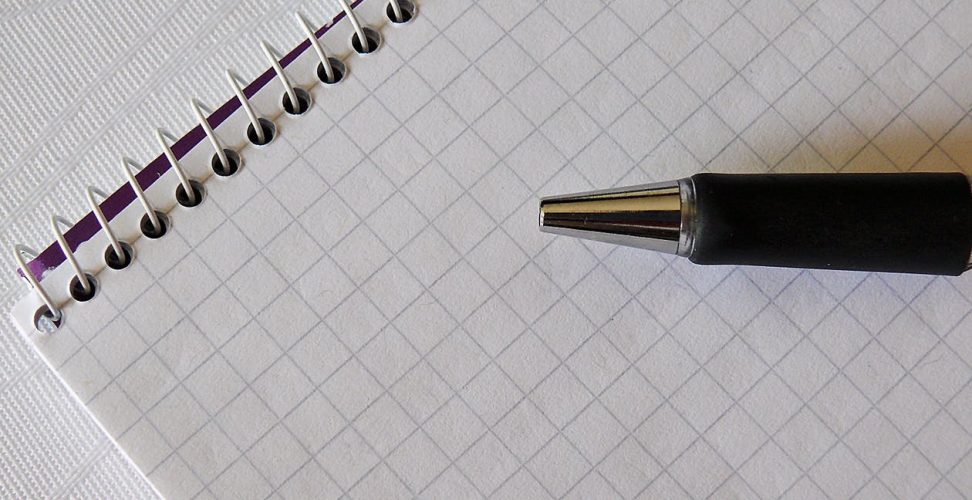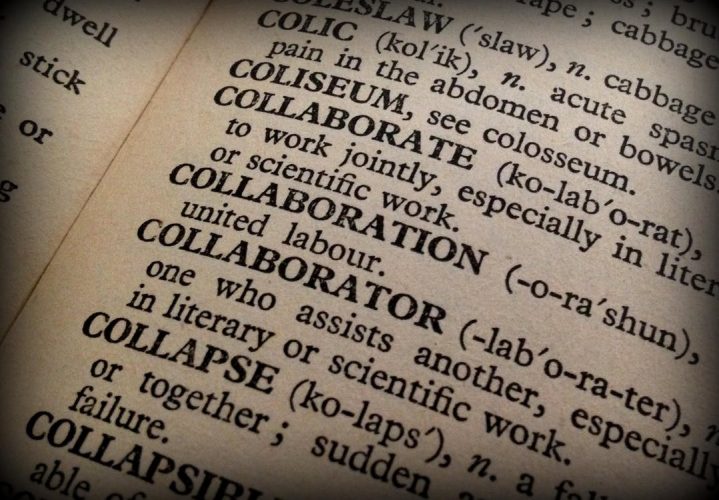5 Ways Geoffrey Chaucer Influenced English Language and Literature
Although he doesn’t have the same worldwide name recognition as William Shakespeare, Geoffrey Chaucer – who lived, approximately, from 1343 to 1400 – is sometimes known as the father of English literature. Widely considered the greatest English language poet of the Middle Ages, he authored The Canterbury Tales and a …










